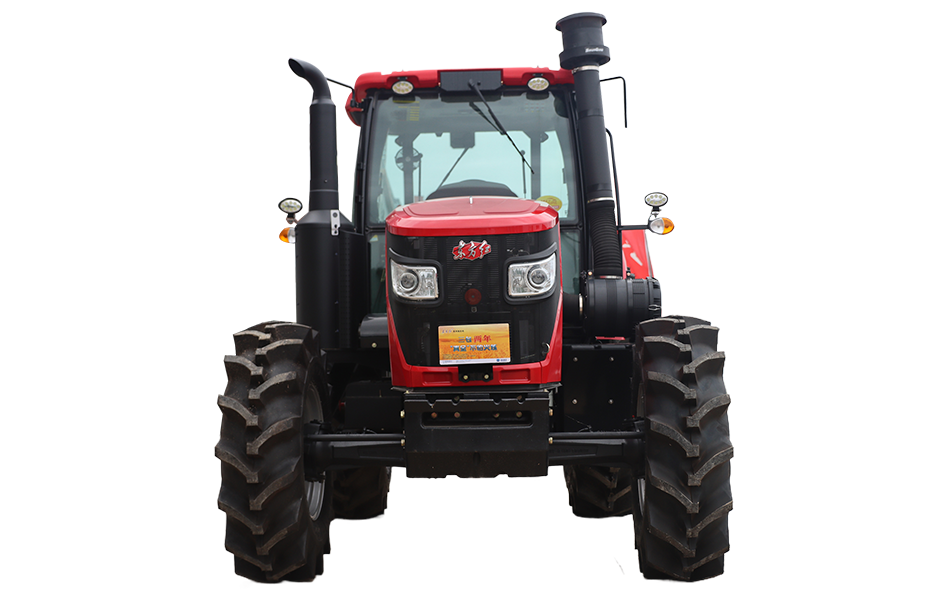The Ultimate Guide to Choosing a Farm Machinery Tractor for Your Needs
1. Understanding the Importance of Choosing the Right Tractor
2. Types of Tractors Available in the Market
When considering a tractor, familiarity with the different types available can guide your choice. Each category serves distinct purposes suited to particular farming requirements.
2.1 Compact Tractors
Compact tractors are perfect for small-scale farming and landscaping. They offer versatility for tasks such as mowing lawns, tilling gardens, and moving soil. With lower horsepower and smaller dimensions, they are ideal for limited spaces.
2.2 Utility Tractors
Utility tractors are versatile machines designed for a range of agricultural and industrial tasks. They typically offer a balance between power and size, making them suitable for both small and medium-sized farms. Their ability to handle heavy loads and attachments makes them a popular choice.
2.3 Row Crop Tractors
These tractors are specifically designed for row crop farming. They feature narrow wheelbases, allowing for easy navigation between crop rows. Their adjustable wheel spacing makes them versatile for different planting patterns.
2.4 Specialty Tractors
Specialty tractors cater to specific farming needs, including orchard or vineyard operations. They often come with unique features and attachments tailored to the requirements of niche farming activities.
3. Key Specifications to Consider When Selecting a Tractor
Understanding the specifications that align with your requirements is vital. Here are the principal specifications to consider when choosing a tractor.
3.1 Horsepower Requirements
Horsepower is a crucial specification that dictates the capacity of the tractor to perform specific tasks. Assess the horsepower required for the equipment you plan to use, as well as the size of the fields you will be working on. Generally, higher horsepower equates to greater efficiency in larger-scale operations.
3.2 Transmission Options
Tractors come with various transmission options, such as manual, automatic, and hydrostatic transmissions. Each type offers different levels of control and convenience. Hydrostatic transmissions, for instance, provide smoother operation and are easier for beginners to handle.
